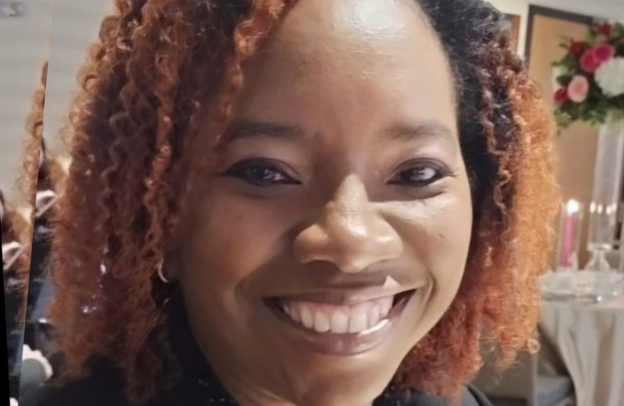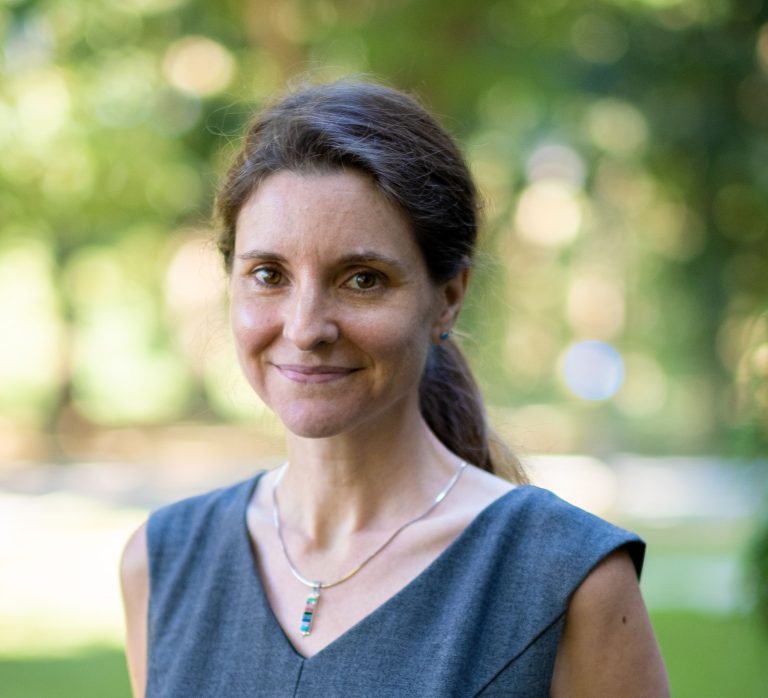The Power of Financial Literacy & Storytelling for Purpose-Driven Entrepreneurs – Lenore Bartholomew

In a world driven by digital connections, your story isn’t just what you tell, it’s the bridge to your business’s success. As an African diaspora entrepreneur, you are part of a unique narrative, one that blends culture, resilience, and purpose. But how do you transform your personal journey into a story that attracts the right audience, builds trust, and drives impact?
Learn How to Leverage Your Story through our Story To Asset Framework.
How do you blend the power of storytelling with the essential skills of financial literacy to grow a thriving business? These questions are crucial for you, especially when navigating the ever-changing business landscape.
See the full podcast interview with Lenore Bartholomew
Now, imagine being equipped with the knowledge not only to tell your story effectively but also to master your finances and build a legacy. This is the essence of the conversation Lenore Bartholomew shared as a guest on the Obehi Podcast, a conversation that could change the way you approach both business and life.
Lenore Bartholomew: A Journey from Banking to Empowering Entrepreneurs
Lenore Bartholomew’s story is one of transformation. With 28 years of experience in retail and business banking, she has lived through the ebbs and flows of the financial world.
Beyond the numbers and spreadsheets, Lenore has always been driven by a deeper purpose: to empower people. Her true passion lies in helping women and entrepreneurs from marginalized backgrounds unlock their full potential and build businesses that create lasting legacies.
See also The Role of Storytelling in Pan-Africanism: A Tool for Empowerment and Unity
After decades in the banking industry, Lenore made a bold decision to retire early and pursue her passion for helping others navigate the complexities of business ownership. As the founder and CEO of Du Soleil Legacy Consultants, she now uses her expertise to guide entrepreneurs, helping them understand the intersection of financial literacy, self-mastery, and storytelling.
Lenore’s approach to entrepreneurship isn’t just about making money; it’s about creating meaningful businesses that contribute to society and build a legacy for future generations.
Financial Literacy for the African diaspora
According to a publication by the German Ministry for Economic Cooperation and Development, the Financial Literacy for Remittances and Diaspora Investments handbook, migrants and their families often face challenges in managing remittances, which are vital financial lifelines for many communities in African countries.
By linking remittances to broader financial services such as savings, insurance, and loans, the handbook emphasizes the importance of fostering financial inclusion. Providing migrants and their families with the necessary financial education can promote better financial management practices, helping them to not only meet immediate needs but also invest in long-term economic development.
See also Understanding Financial Literacy and Generational Wealth With Latasha Ramsey-Cypria
Furthermore, the strategic design of development projects that incorporate financial literacy tools can facilitate the successful channeling of remittances into productive investments that generate wealth and stimulate growth in the migrants’ countries of origin.
The potential for diaspora investments to drive sustainable development in African nations is vast, yet underutilized. The FReDI handbook highlights that many migrants send remittances without fully utilizing them for investment purposes.
By educating the diaspora on the various financial products and services available, including investment vehicles specifically tailored to the diaspora, these funds can be used more effectively for wealth creation.
The handbook outlines that while remittances are often transferred through informal channels, which limits their financial intermediation, there is significant potential to improve financial inclusion by linking these funds to regulated financial systems.
Diaspora savings, which are often divided between family support and investment in both their home and host countries, could play a critical role in the economic development of African countries if accompanied by the right financial literacy programs.
With better financial education, migrants can be empowered to make informed decisions about saving, investing, and transferring wealth across borders, ultimately contributing to the prosperity of both their families and their countries of origin.
Financial Literacy as The Foundation of Purpose-Driven Business
For African diaspora entrepreneurs, financial literacy is not just a business tool but a key to unlocking growth and sustainability. According to a 2019 report by the African American Chamber of Commerce, only 30% of African American-owned businesses survive for five years, compared to 50% of white-owned businesses.
The disparity often stems from limited access to capital, lack of financial education, and, sometimes, the inability to navigate the intricate world of finance.
Lenore emphasizes the importance of financial literacy in her work, particularly in helping entrepreneurs develop a solid financial foundation for their businesses. “Financial literacy is a skill that can make or break your success,” Lenore says.
“It’s about understanding your numbers—how much you’re making, where you’re spending, and how to scale your business strategically.” For her, it’s about empowering entrepreneurs to take control of their finances, not just for survival but for growth.
See also Mastering Financial Literacy: A Key to Unlocking Agribusiness Success
This insight aligns with findings from the Global Entrepreneurship Monitor (GEM) 2020/2021 report, which states that African diaspora entrepreneurs often face unique challenges related to access to finance and business resources.
However, the report also notes that when entrepreneurs from African backgrounds succeed, they typically do so through strong community ties and innovative approaches to business. By mastering financial literacy, you too can leverage these assets to overcome challenges and build your business into something truly impactful.
Storytelling: A Powerful Tool for Business Growth
What makes your business stand out in an overcrowded digital marketplace? The answer is simple: your story. As an entrepreneur from the African diaspora, your journey, shaped by culture, identity, and heritage, offers a unique perspective that resonates with others. And it’s through storytelling that you connect with your audience on a deeper level.
“Storytelling is one of the most powerful tools you have as an entrepreneur,” Lenore explains. “It allows you to share who you are, why you do what you do, and how your journey has shaped your vision for the future.” Whether you’re using social media, podcasts, or blogs, your story humanizes your brand and builds trust with your customers.
The impact of storytelling can’t be overstated. According to a 2018 study by Nielsen, 92% of consumers are more likely to trust a brand that tells a compelling, authentic story.
For African diaspora entrepreneurs, telling your story authentically can be a game-changer. It allows you to highlight the challenges you’ve overcome, the passion that drives you, and the purpose behind your business.
For example, when Lenore talks about her journey, she’s not just speaking about her career in banking; she’s sharing how she transformed adversity into opportunity. “Growing up, there were many challenges,” she shares during our interview.
“But each setback taught me something valuable, whether it was resilience, patience, or the importance of giving back.” This perspective has allowed her to guide countless entrepreneurs through their own challenges, showing them that financial struggles and setbacks don’t define their worth.
Building a Business: From Passion to Legacy
As a member of the African diaspora, you bring a wealth of untapped potential to the entrepreneurial world. But turning that passion into a business requires more than just grit, it requires strategy.
See also Zhong Feifei: Bridging Worlds and Creating Legacy for the Diaspora
Lenore stresses that many entrepreneurs, especially those from underrepresented backgrounds, struggle with self-doubt and a lack of clarity. They often ask, “Will anyone want my product? Do I even have what it takes to run a business?”
This is where financial literacy plays a pivotal role. Lenore suggests starting small but thinking big. “Understand your finances, develop a clear business plan, and start small,” she advises.
“Many successful entrepreneurs started with a side hustle before they built a full-fledged business.” She believes that your business should be grounded in authenticity and aligned with your core values, something particularly important for entrepreneurs in the African diaspora, who often build businesses that are deeply connected to their cultural identity.
For example, African diaspora entrepreneurs in the U.S. have seen a rise in industries such as fashion, food, and technology, driven by the desire to share their cultural heritage while making an impact.
According to a 2022 report from the U.S. Census Bureau, Black-owned businesses grew by 30% from 2017 to 2019, which is a strong indicator that entrepreneurship is thriving within the African diaspora community. Among our findings, the Bureau reported:
- In 2019, there were 134,567 Black-owned employer businesses (businesses with more than one employee) in all sectors of the U.S. economy, an 8% hike from the 124,551 Black-owned employer businesses in 2018, according to the ABS.
- In 2018, there were about 3,115,000 nonemployer businesses with Black owners, up 5.6% from 2,951,000 in 2017, according to the Census Bureau’s 2018 Nonemployer Statistics by Demographics (NES-D).
- Census Bureau data shows that American entrepreneurship as a whole has been increasing. The Census Bureau’s most recent Business Formation Statistics showed that Americans applied for a record 5.4 million business ID numbers in 2021.
But financial education and strategic planning are crucial in ensuring that this growth translates into sustainable success.
The Role of Self-Mastery in Entrepreneurial Success
Entrepreneurship isn’t just about managing finances or marketing your products; it’s also about mastering yourself.
Lenore often emphasizes the importance of self-awareness and emotional intelligence, especially when facing setbacks. “You’ll make mistakes, and that’s okay. What matters is how you respond and learn from them,” she says.
For African diaspora entrepreneurs, self-mastery is essential for navigating the unique challenges that come with being both a business owner and part of a marginalized community. It’s about understanding your strengths, accepting your weaknesses, and continuously working on personal growth.
This is a concept that resonates with many successful entrepreneurs of African descent, who have often had to rely on inner strength and resilience to succeed in industries where they were underrepresented.
In fact, a study by McKinsey & Company in 2020 found that Black entrepreneurs were more likely to start businesses out of necessity, often driven by a desire to create wealth for their families and communities.
Conclusion: Your Path to Legacy and Impact
As an African diaspora entrepreneur, you have the unique opportunity to build a business that is not only financially successful but also deeply impactful. By mastering financial literacy, embracing your story, and fostering self-mastery, you can create a legacy that not only serves your community but also inspires the next generation of entrepreneurs.
Remember, the journey may not always be easy, but with the right tools—like the financial knowledge Lenore provides and the power of storytelling—you can navigate the complexities of entrepreneurship with confidence.
Your business is more than a means to an end; it’s a story waiting to be told and a legacy ready to be built. So, what’s your story? How will you use it to drive your business toward success and impact? Let’s make it happen.
Learn How to Leverage Your Story through our Story To Asset Framework.





